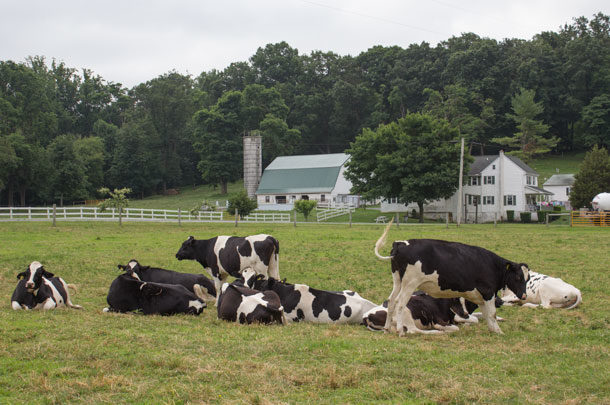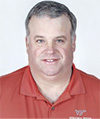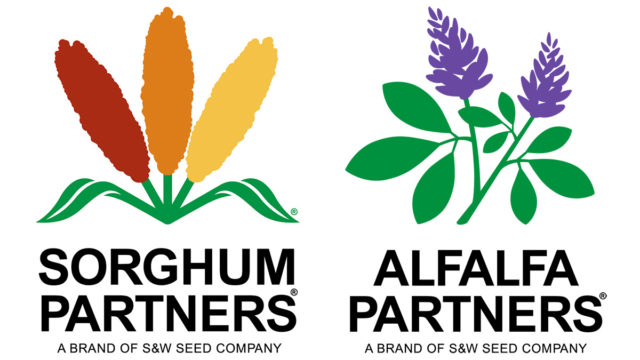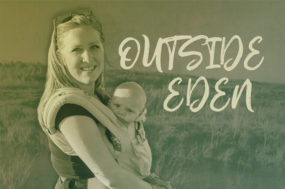While our nation (and the world for that matter) undergoes a compression of the dairy industry, it makes me realize that beyond the loss of cows and farm expenditures, our communities are losing a number of really smart, hard-working people as well. Who are the industrious homebodies that will take their place? That answer remains to be seen.
One thing that most farmers and other folks will agree on is that common sense isn’t nearly as common or sensible as it used to be. Frankly, I have to say that some of that is our own fault. In our zeal to work hard and achieve our personal goals, one thing that slipped through the cracks was the need to pass along many of the life lessons we learned. Therefore, I am going to take a few minutes to share with you some things that others have been kind enough to help me understand by sharing some of their farm wisdom and home truths (FWHTs).
FWHT No. 1
The first comes from Dr. John White at Virginia Tech. White was the dairy science department head when I was an undergrad and taught senior seminar. He grew up in western Tennessee where water moccasins were common and shared a story of how one struck him one day by leaping from the water while he paddled a boat nearby. His point was our first FWHT: Experience is not the best teacher.
White’s point was that teaching someone that a poisonous snake could jump into your boat is not best learned from experience but by learning from others and not making the same mistake. This is an important point as I hear of more and more people trying to enter farming with little or no experience. Go work at a similar company or farm and make your mistakes on their nickel, or learn by observing. Paying for your mistakes in a startup business with your personal finances is a great way to initiate an auction … on the courthouse steps.
FWHT No. 2
The second FWHT comes from one of my dad’s friends and co-workers at a local farm equipment dealership. I really don’t know how much or even if he had any education, but William was without a doubt one of the best carburetor repairmen around. In the age of diesels and fuel injection, a good carburetor man is tougher and tougher to find! William was working on a carburetor for me one morning when he corked off a FWHT regarding machine sheds: Never build a machine shed big enough to hold all your equipment.
I guess over the years (and especially in the age of gas-powered farm tractors and equipment), William had seen more than his share of farm shed fires, and when they happened in a machine shed with every piece of farm equipment inside, the farmer not only lost the building, he lost his entire line of equipment. We all have had to “make do” with a machine that wasn’t ideally suited to the job, but it is impossible to make do if there is nothing left to make do with! I think about this every time I consider building a new farm shop and machine shed. I probably will build a big one … but not that big.
FWHT No. 3
Our next FWHT comes from a younger dairyman in a neighboring county. Robbie is a self-made farmer with a lot of energy and a great deal more wisdom. Robbie’s FWHT is: Every farmer needs to take time away from the operation. It is difficult to take time away from a farm, especially a dairy; however, Robbie’s point is that as the decision maker on your farm, you owe it to the farm to make the best decisions, which come only from updating what you know and where you learn it. Time away can be wasted, but you need to take time to recharge your batteries and study new technologies or techniques, even if the only thing you walk away with is the peace of mind of knowing you are on the correct path currently.
FWHT No. 4
The next FWHT comes from my dad. Frankly, I don’t have enough room for every FWHT my dad uncorked upon me in the 42 years we shared here on earth, but I will attempt to share one of the more important ones.
FWHT No. 4: You need to slow down to work faster. Dad was a factory-trained mechanic. In our 30-plus years of dairy farming, no farm equipment ever got repaired any other place than our shop. That isn’t as possible today in this age of computers and chips; however, Dad’s FWHT holds true. Going “90 miles an hour with your hair on fire” all the time gives you no room for error. If you push everything and everyone to their absolute limits, the only thing for sure is that you have a lot of time lost to repairs.
FWHT No. 5
Finally, I will leave you with one that has served me and my family well for many years. The source of this FWHT is David Overbay, but I have seen it many times and phrased many ways over the past half century. (I must add that this FWHT applies to everyone, everywhere, regardless of whether you farm or not.)
Here it is: If you can’t keep up, you’ll never catch up. Dad used to share this one in regards to paying one’s bills in full and on time, and there is power in that perceptive, but I also think it applies to time as well. Just as we can become buried in debt, hoping desperately for a brighter day, we can also fill our day with work and ignore those around us who matter the most.
And a final one from me
I had a dairyman tell me that a question I asked him one day in my role as an extension agent gave him pause to consider his next move in building a new parlor. “Who is going to enjoy this next?” was my question to him. “If your children aren’t interested, why are you beating yourself up?” It turned out his son and daughter both came back and they are enjoying his decision to build. So I close with this FWHT: It’s good to have a history, but it is imperative to have a future. ![]()
Andy Overbay holds a Ph.D. in ag education and has more than 40 years of hands-on dairy and farming experience.
PHOTO: Compression in the dairy industry has squeezed more than dollars; we're also losing some smart, hard-working people with common sense. Let's hope we never lose their farm wisdom and home truths. Photo by Lynn Jaynes.











